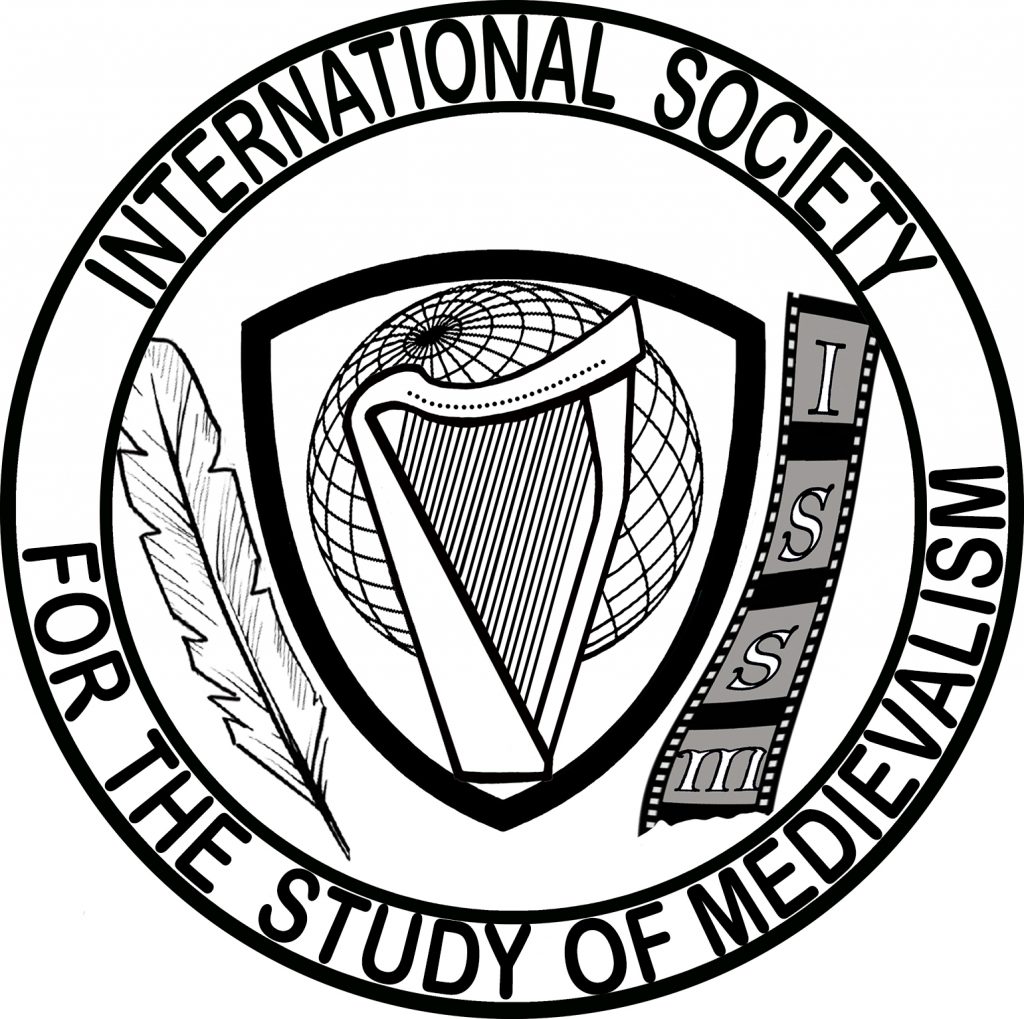The Conference will be held in Hybrid Format on May 11-13, 2023
All three sessions will be remote.
SCIENCE FICTION MEDIEVALISMS—PAPER PANEL
While Science Fiction would seem to occupy the greatest distance from the Middle Ages, it remains deeply informed by Medievalism. Often presented through the episodic structure of medieval romance, Science Fiction, despite a focus on the future, often reaches back to the past for its imagery, its narratives, and its ideologies. We seek papers that consider this particular relationship between the medieval past and the projected future, whether in form, narrative, characters, worlds, or ideologies. Approx. 250 word Abstracts by 9/10 to Angela Weisl (angela.weisl@shu.edu)
REPRODUCTIVE BODIES AND MEDIEVALISM—PAPER PANEL
Aware of ever-looming legislative battles which aim to govern reproductive bodies, this session will explore the how reproductivity is re-imagined in medievalist texts. Considering medievalist depictions of conception, abortion, pregnancy, and birth, presenters may consider such questions as: How are ideas of the medieval deployed to support political battles over reproductive bodies? How do White nationalist extremists use the medieval to portray reproductive bodies (especially as traditionally coded in terms of binary sex and gender) as part of their imaginary heritage? How do feminists and queer activists use medieval materials to re-imagine reproductive bodies? Approx. 250 word Abstracts by 9/10 to Emily Morgan Harless (emily.harless@postgrad.manchester.ac.uk)
MEDIEVALISM AND MENTAL HEALTH–ROUNDTABLE
In the Middle Ages, mental illness was blamed upon demonic possession. However, legal thought found that mentally ill criminals should not be held accountable for their actions. Constantinus Africanus’s writings argue that mental illnesses were caused by either internal or environmental factors, such as black bile affecting the heart or a blow to the head affecting the brain. How are current “justifications” for crimes, such as mass killings, rooted in medieval ideas of mental illness? One might consider the historical relationships between religion, medicine, and law as they have developed in the Middle Ages, as well as since then. Abstracts by 9/10 to Carol Robinson (clrobins@kent.edu).
If you have friends or colleagues who you think would be interested in these sessions, please encourage them to submit!

